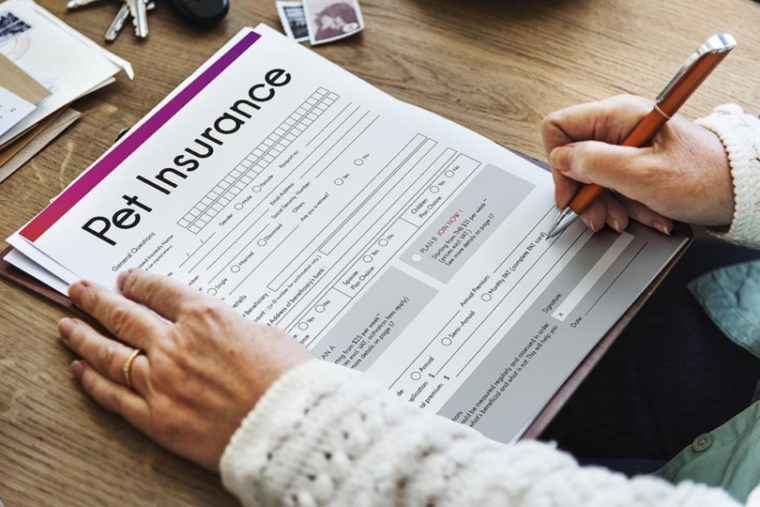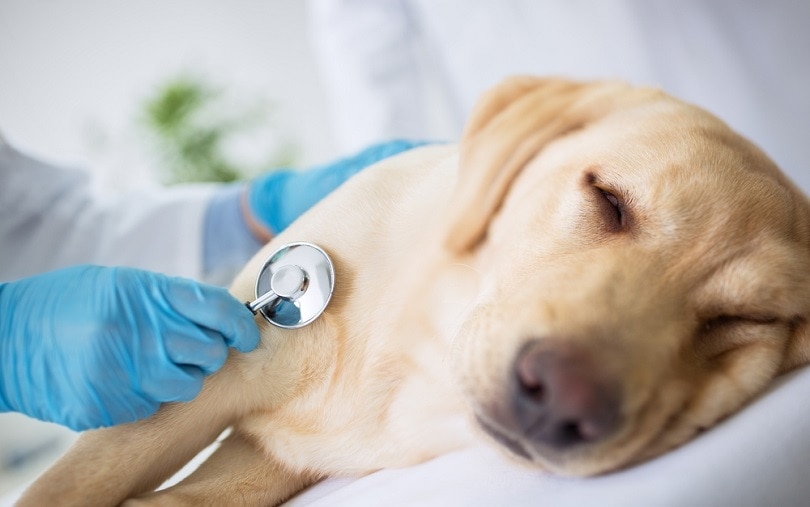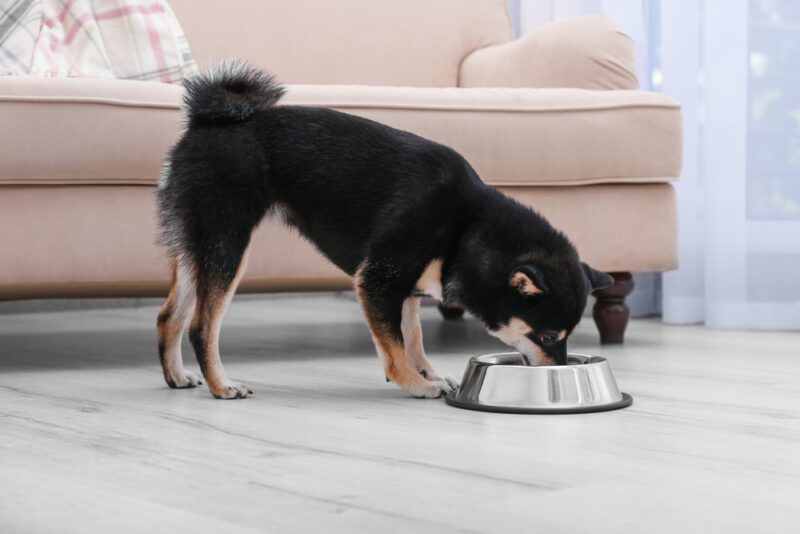
It doesn’t matter how well you take care of your pets; they’ll get sick sooner or later, and you’ll need to cough up those vet bills. Some illnesses our pets can get can be dangerous to their long-term health or even deadly, just like illnesses in humans. Bloat is one such disease in dogs that can be extremely dangerous.
Luckily, a lot of pet insurances cover standard bloat treatment. However, since your mileage will vary based on the reimbursement limits for pets, each year differs between different companies. Additionally, your plan most likely won’t cover gastropexy—a surgery done to prevent the future incidence of bloat—since this procedure is considered elective. Keep reading to learn everything you need about bloat and pet insurance.
What Is Bloat?
While most humans have experienced overeating and feeling bloated, bloating in dogs isn’t as mundane as in humans. Dogs can experience life-threatening side effects from bloat known as gastric dilatation and volvulus (GDV).
Bloat occurs when the dog’s stomach fills up with food, fluid, or gas and puts pressure on the dog’s diaphragm, causing difficulty breathing. The dog’s stomach expands, and when this happens, it will twist over itself, retaining the stomach contents and cutting off the blood supply to the stomach.
Without a blood supply, the tissues of the stomach could die, and the organ may become septic. The dog’s life will be in danger. Additionally, the dog’s bloated stomach will put pressure on the spleen and could cause that organ to twist and cut off the blood supply.
If the dog has reached a weak pulse and rapid heart rate, it must be seen by a veterinarian immediately. At this stage of the disease, your dog’s stomach needs to be righted, or your dog will die.
The typical treatments for bloat are covered by pet insurance. Comparing policies is the best way to know if you are getting the coverage that you need.
Top Rated Pet Insurance Companies:
What Is the Treatment for Bloat?
The treatment for bloat varies depending on the seriousness of the individual case. The first part of the treatment will be a stomach x-ray. This will help the veterinarian determine what kind of treatment your dog needs to alleviate their symptoms and prevent any long-term damage to your dog’s system.
Typically, the veterinarian will start by inserting a tube into your dog’s throat to release gas from the stomach. If the vet can’t get the box into your dog’s stomach, they’ll enter the abdomen using a large, hollow needle. This will release some of the pressure and help your dog breathe.
Once the dog feels a bit more like their old self, the vet will perform surgery to right the position of the stomach. All these treatments are considered necessary and will typically be covered for reimbursement by pet insurance.
The vet may also stitch the stomach to the abdominal wall to prevent the stomach from twisting in the future. This is called gastropexy and typically is considered elective and not covered by pet insurance. If you’re interested in a gastropexy for your dog, you’ll need to ensure that you can pay for it, as your insurance will likely not reimburse the procedure.

Summary
Bloat can be scary, especially since the consequences of bloating are so dangerous for dogs. Luckily, the typical treatment for bloat is covered by pet insurance. So, you can submit your claim for reimbursement.
You can mitigate the symptoms and help prevent future cases of bloating by adjusting your dog’s feeding schedules to break up their feeding into several smaller meals. This will help keep your dog from getting bloated in the first place.
Featured Image Credit: Rawpixel.com, Shutterstock








